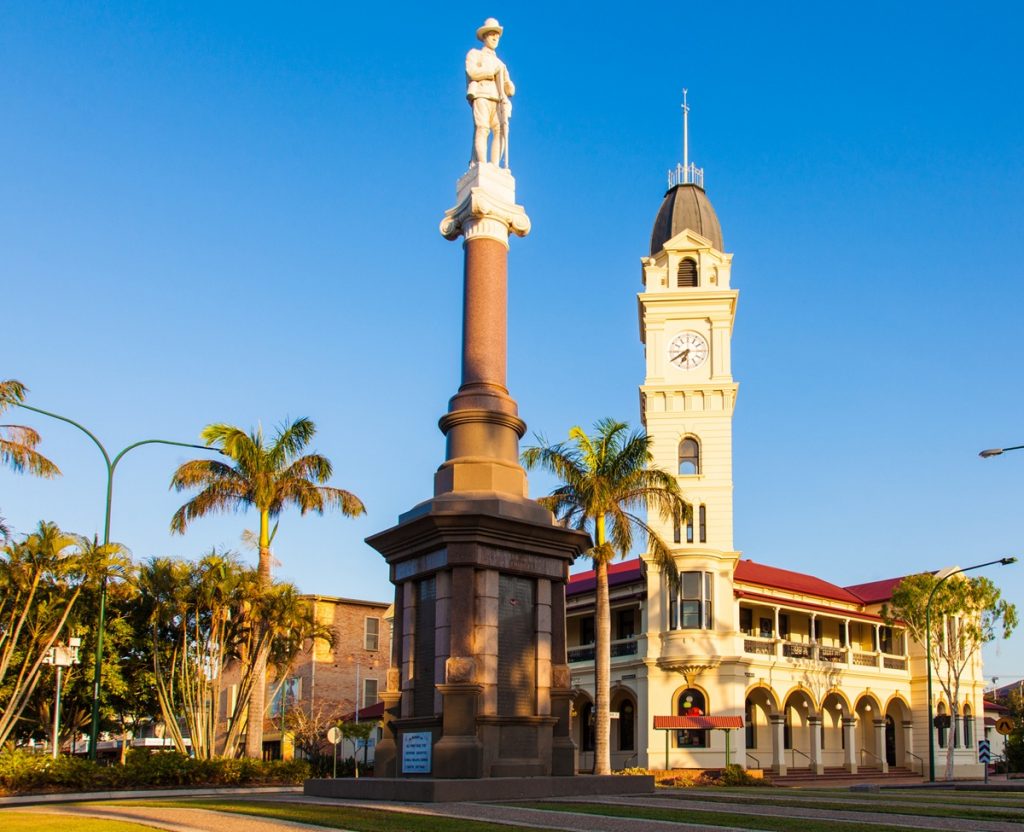This project addresses how disasters intensify gender-based violence (GBV) through existing structural inequalities in the Bundaberg Regional Council area, with particular focus on impacts for women with disabilities and older women. Working with Country to Coast Queensland (funder) and the Bundaberg Domestic and Family Violence Community Working Group, the research develops prevention-focused approaches that address the structural drivers of GBV, including gender inequality, rigid stereotypes, and male-dominated decision-making, across the disaster continuum.
This project is funded by Country to Coast Queensland through the PHN program and is supported by the Resilient CARE program.
The project employs a four-phase participatory approach: conducting foundational evidence reviews, mapping community power structures through stakeholder interviews and lived experience narratives, co-designing a community action plan, and building sustainable cross-sectoral partnerships. The outcome will be a community-owned 5-year action plan that provides practical pathways for building gender-sensitive disaster resilience, with formal handover to local stakeholders.
Project team
- Dr Christina Malatzky, Associate Professor, QUT
- Ms Gayle Reynolds, Community Research Associate, QUT
- Dr Catherine Cosgrave, Director, Attract Connect Stay
- Dr Hazel Dalton, Senior Research Fellow, Charles Sturt University
Project partners
- Resilient CARE program, with received funding from the Australian Government
- Bundaberg Domestic and Family Violence Community Working Group, Community Partner
Project funding
This research is funded by Country to Coast Queensland through the PHN program and is supported by the Resilient CARE program.

